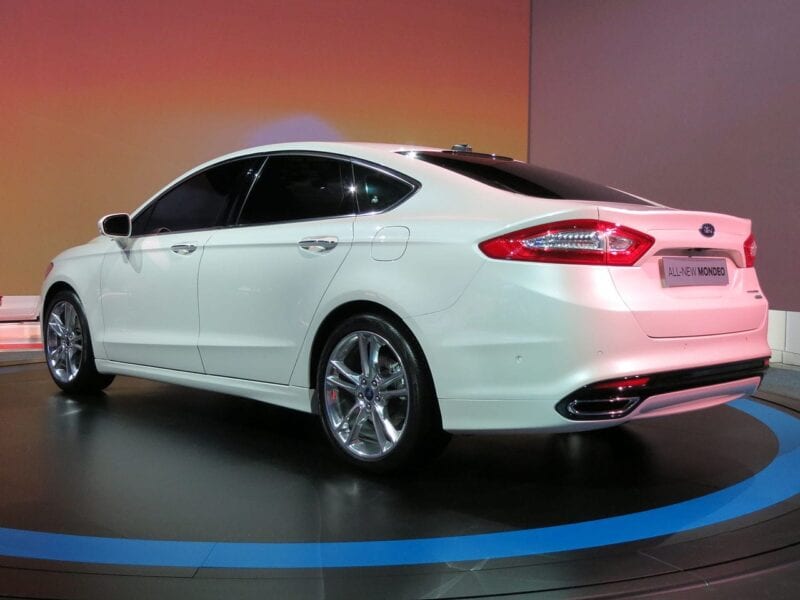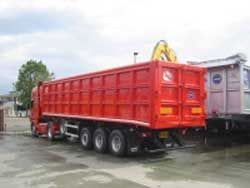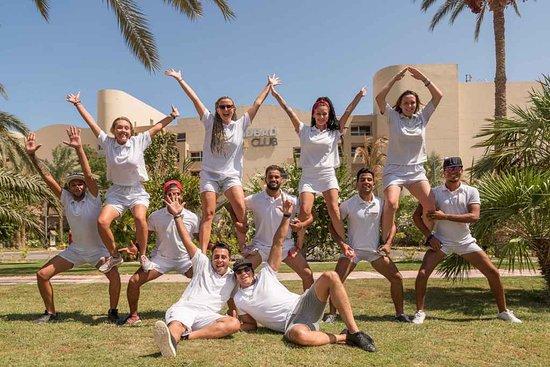
A successful holiday starts before you leave
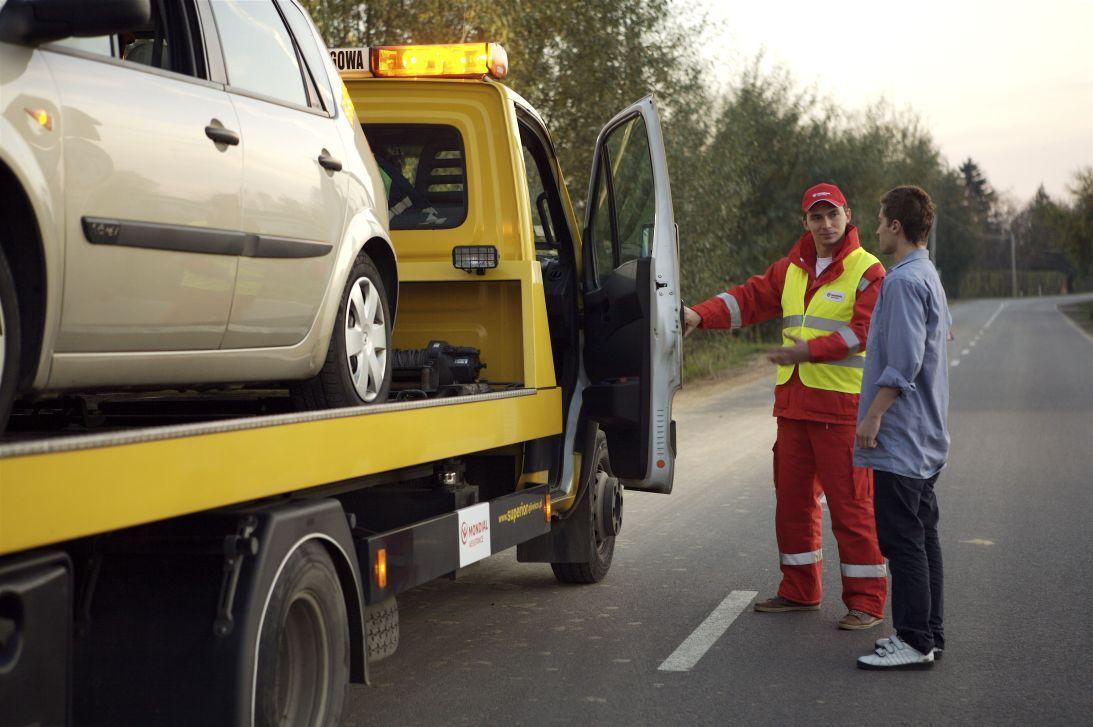 Studies show that up to 60% of Poles most often choose a car* as their vehicle for vacation. In this context, it seems disturbing that many of us forget to properly prepare the car for the road or insurance.
Studies show that up to 60% of Poles most often choose a car* as their vehicle for vacation. In this context, it seems disturbing that many of us forget to properly prepare the car for the road or insurance.
Although we generally consider ourselves the best racers in the world, European statistics do not confirm this. If it happens 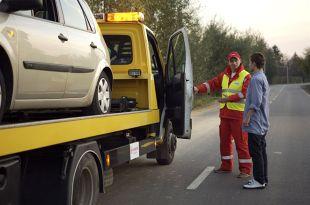 in addition, inattention and forgetting about the basic elements of preparing a car for a trip is a broken brick vacation. How to avoid it?
in addition, inattention and forgetting about the basic elements of preparing a car for a trip is a broken brick vacation. How to avoid it?
allowed in Sweden
Although driving a car seems to be the same everywhere, the laws and regulations in many countries vary greatly and not knowing them can cause us stress and expense. The lowest speed limit outside built-up areas is possible in Sweden (70 km/h). The fastest way is to drive legally in Greece and Italy - even 110 km/h outside of built-up areas. There are still no restrictions on motorways in Germany (in some places), but in Sweden, France and Hungary it is often necessary to check the meter, because in these countries on some motorways you can not exceed 90 km / h. After a hearty dinner while driving the next day, it is best not to drive to any country, and if you have to, it is best to go to the UK. United Kingdom, Ireland, Luxembourg and Malta, where the legal blood alcohol level is 0,8‰. In many countries, we face severe punishment if the breathalyzer shows anything above 0,0 ‰. This will be the case, among other things, in the Czech Republic, Slovakia, Hungary, Romania and Ukraine. Many Poles rely on CB radio warnings, but with such equipment, you need to remember that in a number of countries special permissions are needed for this - in Russia, Bulgaria, Sweden, Slovenia, Serbia, Montenegro and Turkey.
It is better to have almost everything in Slovakia
There are significant differences in the mandatory equipment of the car. Slovaks are inexorable here. When crossing the Tatras or Beskydy in the car, you must have: a first aid kit, an emergency stop sign, spare bulbs and fuses, a reflective vest (inside, not in the trunk!), a wheelbrace, a jack and a tow rope. In France and Slovenia, only the last 3 positions will be released from this list. In Germany, in addition to the warning triangle, a first aid kit with rubber gloves and a reflective vest are also required. Before leaving, it is better to check such things, for example, by spending a few minutes on Google search, because it will be difficult for us not to pay the fine received abroad. In most countries, the fine must be paid immediately (in Austria, the police even have payment terminals). In case of shortage of funds, in Austria an officer will confiscate from us, for example, a telephone, navigation or camera, in Slovakia a police officer will leave a passport or identity card with us, and in Germany there is even a risk that they will seize our car.
In foreign languages “he will help us”
More and more drivers can't imagine driving on vacation without an accompanying insurance. Very often it is added to the OC/AC package for free, but in this case it may be a basic product and you need to check if it is valid, for example, in the country you are traveling to. The most important benefits that such insurance can give us are on-site repairs or evacuation of the car to the nearest garage, the provision of a replacement car to continue the journey, and, if necessary, a free hotel.
It is also important that assistance services be provided by a company that has international experience and is able to quickly and efficiently help us even in remote and little-visited corners of Europe. – We have often helped clients with a purchased assistance package, for example, in the event of a car breakdown in southern Spain or a lack of fuel in northern Sweden on the way to Nordkapp. Even not knowing the language is not a problem in this situation. A person asking for help contacts a Polish operator by phone, who organizes help and discusses details in the local language, regardless of whether it is Swedish, Spanish or Albanian, says Mondial Assistance's Agnieszka Walczak.
* Data from AC Nielsen Polska from a survey of Poles' leisure preferences commissioned by Mondial Assistance in May this year.
